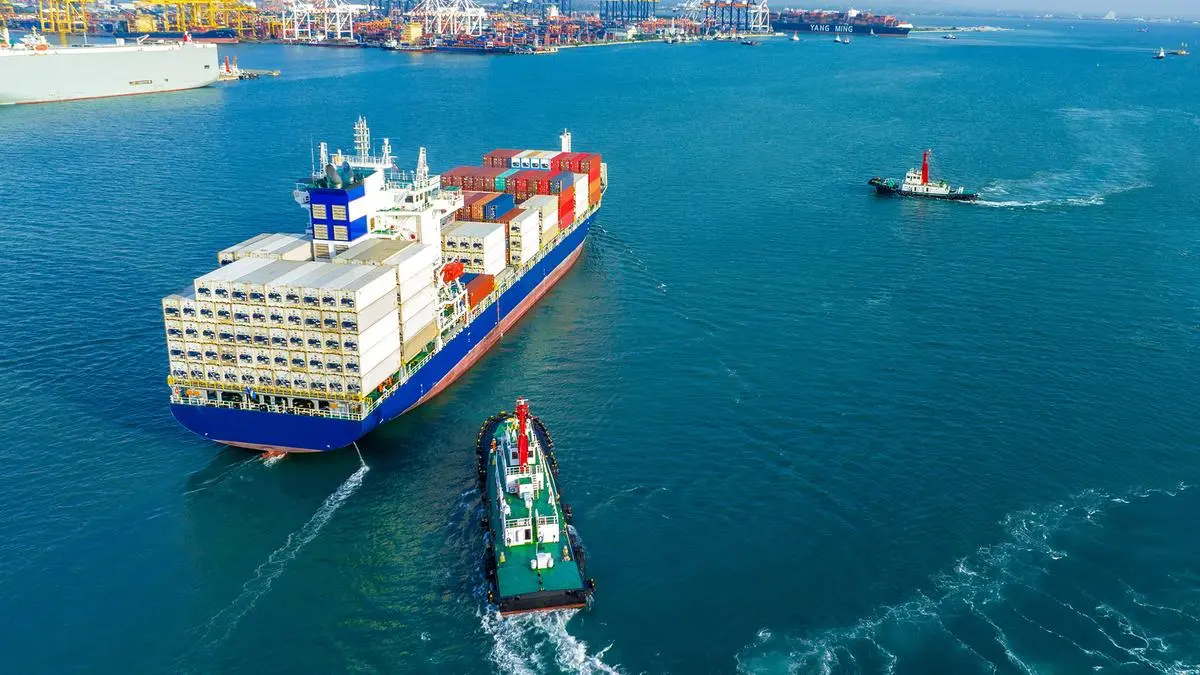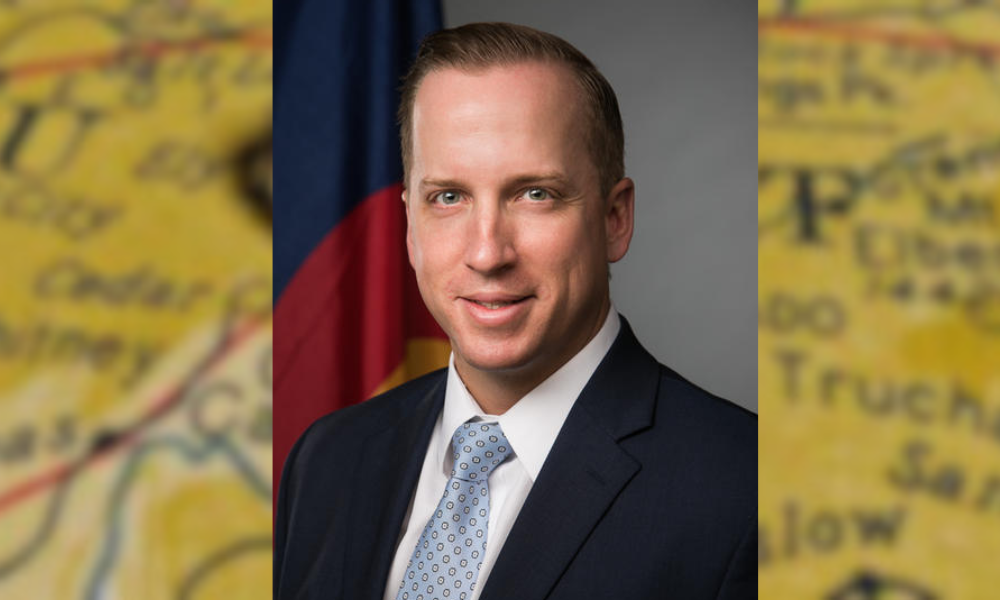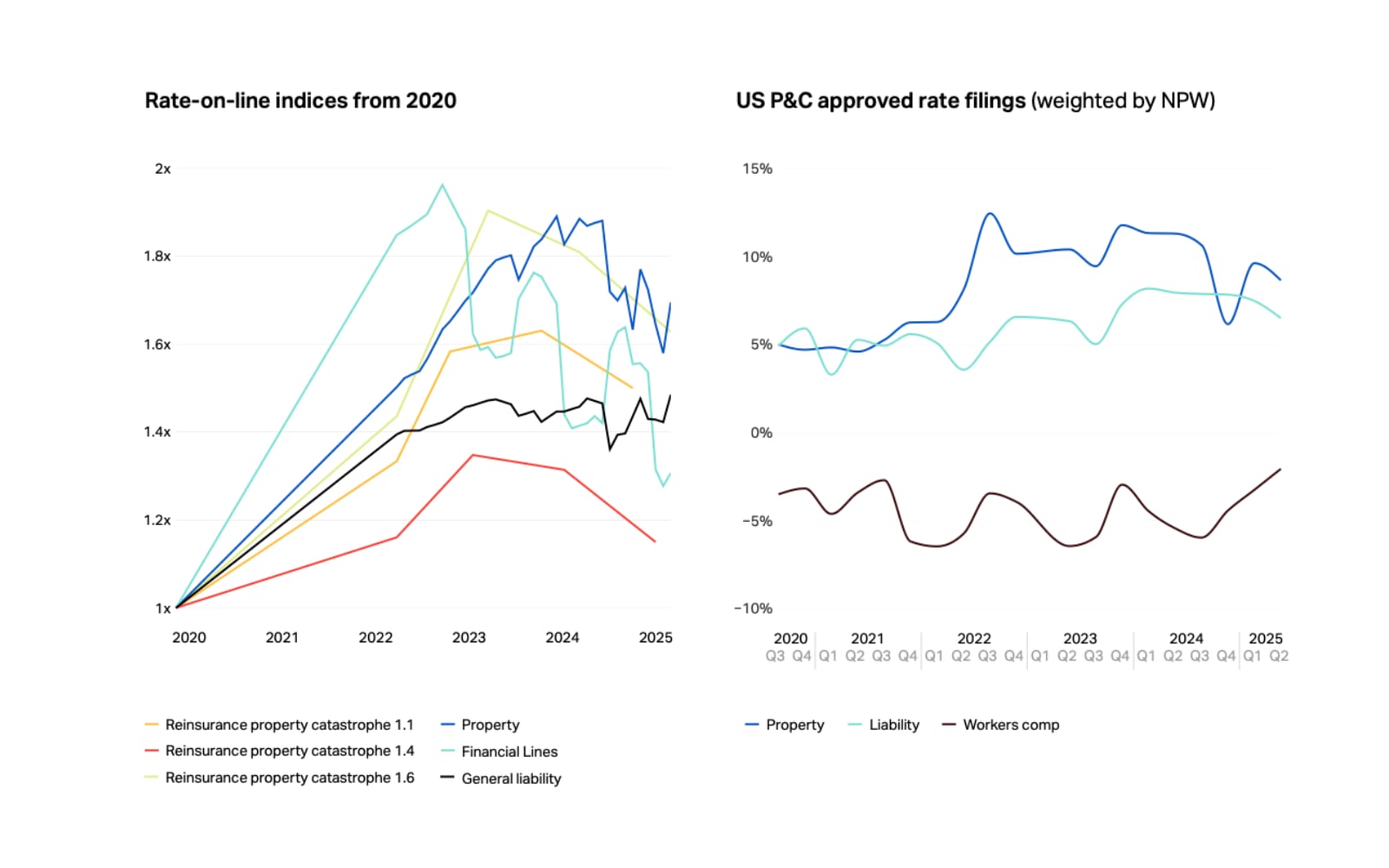U.S. Secretary of the Treasury Janet Yellen’s visit to New Delhi culminated in the 9th ministerial meeting of the India-U.S. Economic and Financial Partnership, where she met Finance Minister Nirmala Sitharaman.
“We had productive discussions on a range of subjects, including the macroeconomic outlook, supply chain resilience, climate finance, multilateral engagement, global debt vulnerabilities, anti-money laundering, and combating the financing of terrorism,” a joint statement released by the Finance Minister and Treasury Secretary said.
On the sidelines of the meeting, a presentation on India’s digital innovation was made to the secretary. The two ministerial counterparts also attended an event attended by eminent economists and business leaders.
The EFP meeting also featured a dedicated session on the shared goal of scaling up and mobilising climate finance to meet ambitious climate goals.
“We agreed that public finance, when paired with enabling policies, can promote private finance. We also noted the importance of the evolving role of the multilateral development banks (MDBs) to better address global challenges, including climate change,” the statement said.
In the meeting, the U.S. also acknowledged the developed countries’ goal to jointly mobilise $100 billion every year until 2025 from public and private sources for developing countries.
The statement added that the countries would work together to arrive at a new collective quantified goal, starting at $100 billion annually for the post-2025 period, taking into account the needs and priorities of developing countries.
India is expected to undertake a mix of public and private financing to facilitate its energy transition in line with its nationally determined climate goals and capabilities, which the U.S. has shown interest in.
The particular discussion is also expected to be continued at the G20 Sustainable Finance Working Group, with the U.S. as the co-chair and India holding the G20 Presidency next year.
The meeting empowered important discussions on the global macroeconomic outlook, climate finance, supply chain resilience, international taxation, anti-money laundering, combating terrorism financing, India’s upcoming G20 presidency, and the multilateral development bank’s reforms.
The two countries also affirmed their commitment to debt sustainability, transparency in bilateral lending, and coordinating closely on extending fair and equal debt treatment to countries facing debt distress.
“We reiterated our commitment to step up our efforts to implement the G20 Common Framework for Debt Treatment in a predictable, timely, orderly, and coordinated manner,” the statement said. “We acknowledged the importance of working through MDBs to help India access and mobilise available financing to support development objectives, including climate action.”
Other important decisions include:
-
The OECD/G20 Inclusive Framework for updating the international tax architecture.
-
The work on the multilateral convention on Base Erosion and Profit Shifting (BEPS) is expected to conclude in the first half of 2023.
-
The countries agreed to work on enhancing mutual collaboration in the sharing of information to tackle offshore tax evasion in compliance with the Foreign Account Tax Compliance Act (FATCA).
-
They agreed on information sharing to fight anti-money laundering and combating the financing of terrorism (AML/CFT) efforts through expeditious sharing of digital evidence and information for ML/TF investigations.
-
Exploring avenues of mutual collaboration like the Indian IFSC in GIFT City, Gujarat, during the 11th U.S.-India Financial Regulatory Dialogue to be held in the first half of 2023.
-
The US Treasury Department will continue to provide technical support to India’s National Infrastructure and Investment Fund (NIIF) by catalysing private institutional investment in Indian infrastructure.
-
India and the United States look forward to working together to prepare more cities to issue municipal bonds.






































